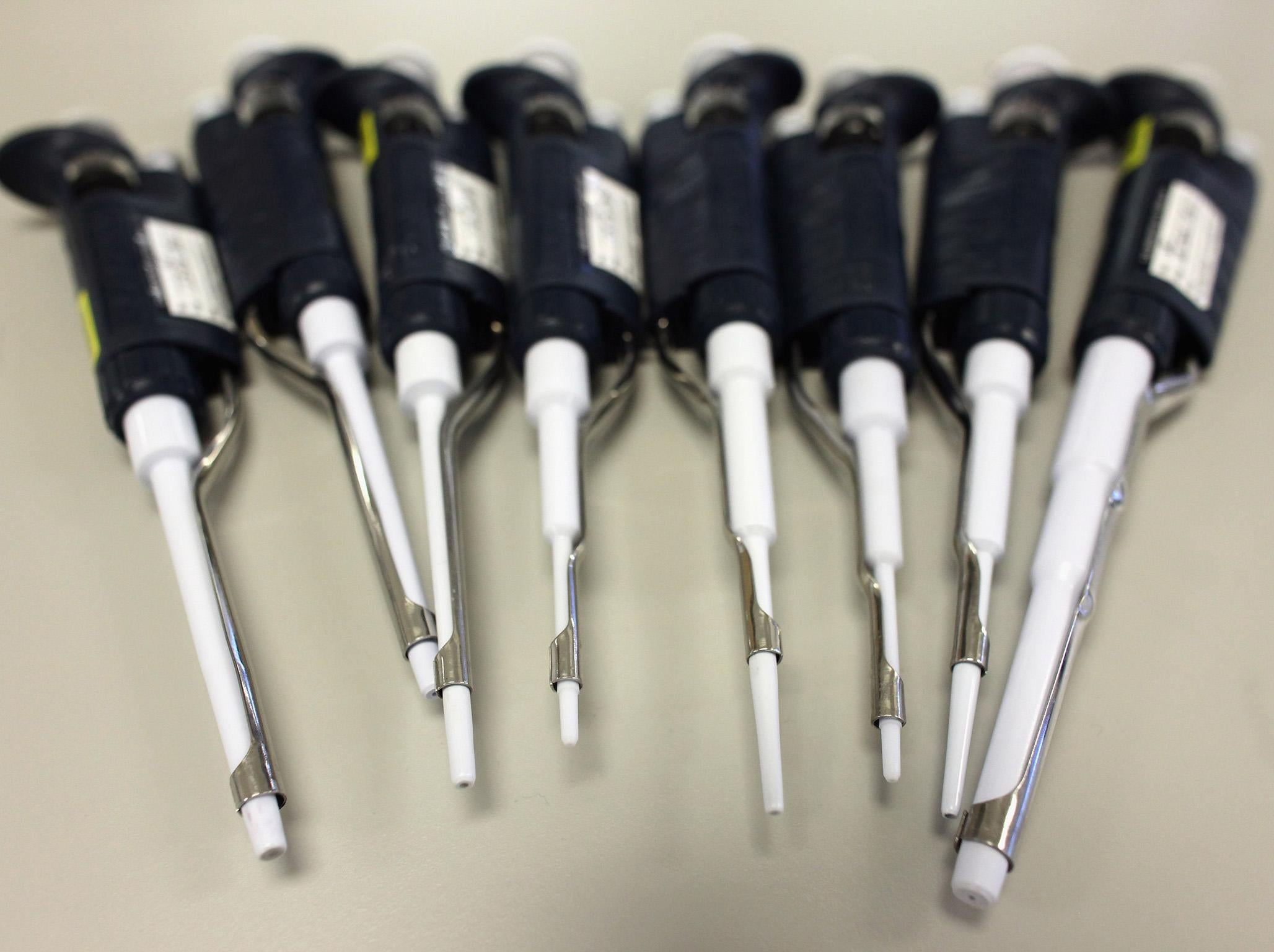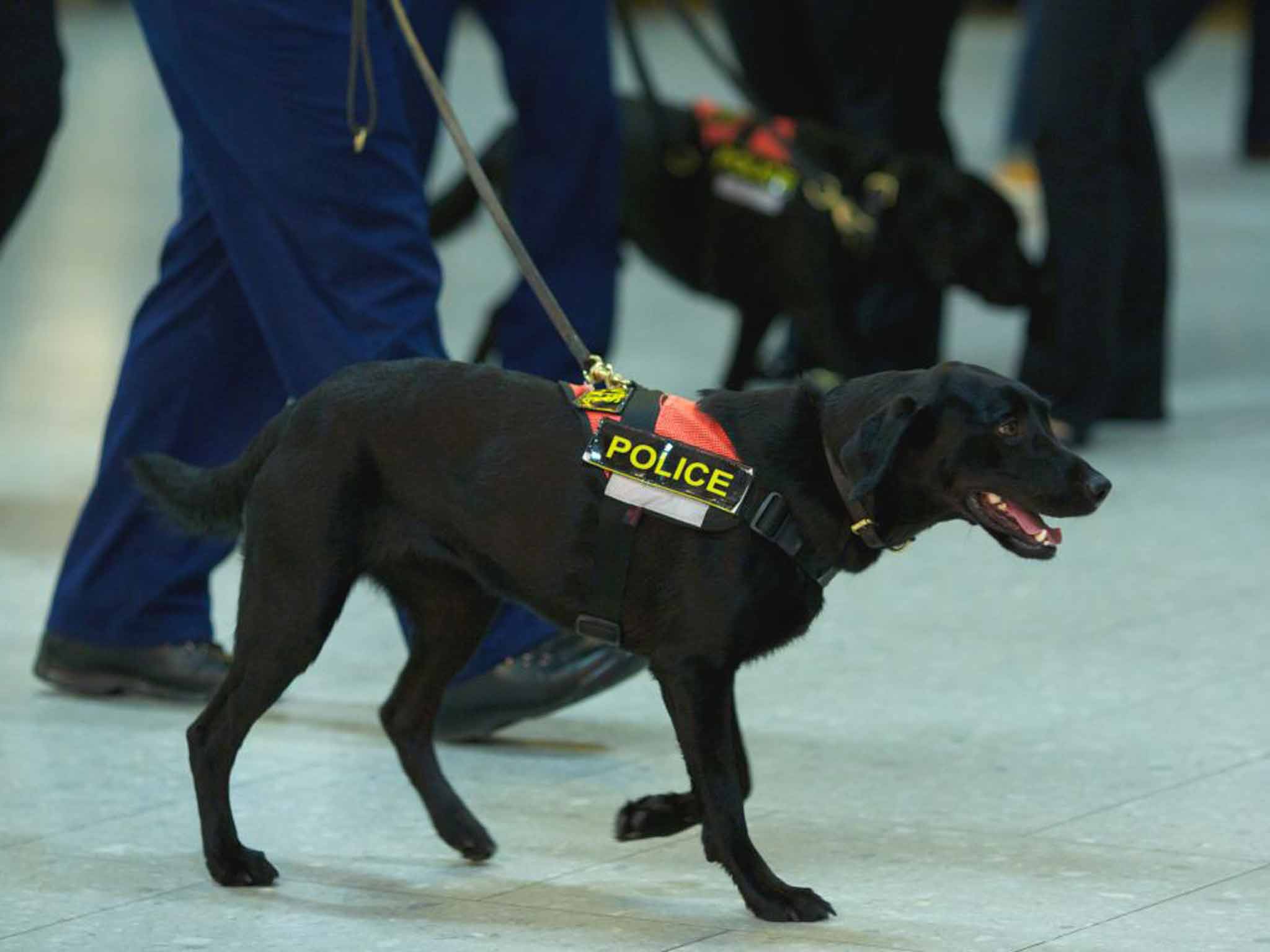Ukad to increase testing by 50 per cent and deploy sniffer dogs at sporting events in bid to rebuild reputation
Ukad is also working with the government on policies which will ensure ‘unfettered access’ to sports venues and training bases

UK Anti-Doping will increase its athlete testing by 50 per cent and has revealed plans for a raft of innovative new measures, including the deployment of sniffer dogs, to give the organisation “better clout” to tackle doping in British sport.
Ukad, which was set up in 2009, is also working with the government to help gain “unfettered access” to sports venues and training bases in order to effectively carry out unscheduled testing, as it seeks to rebuild its beleaguered reputation.
Over the past 18 months Ukad’s limitations have been laid bare, particularly during its costly and ineffective investigation into the Jiffy Bag scandal, while in December it was forced to compromise with Tyson Fury in the face of potentially crippling legal costs following the boxer’s positive test for the banned steroid nandrolone.
The new plans were revealed at the launch of the organisation’s four-year strategy, in which Ukad chair Trevor Pearce outlined spending of a £6.1m injection from the government in January, to be spread over the next two years in addition to its £5.5m annual revenue.
Ukad carried out around 4,000 publicly funded tests in 2017 – alongside 7,000 contracted tests by various sporting governing bodies, mainly the Football Association – but will seek to increase its internal number to 6,000 by March 2022.
Asked whether more testing was the best use of public money, given the relatively minimal positive hit rate of around 1.5 per cent, Pearce insisted testing is “an important deterrent”, the benefits of which are immeasurable, and informs intelligence gathering.
Up to 32 new innovative methods are planned to disrupt infrastructures around doping, including specially trained dogs used at and around sporting events both to identify substances and act as a deterrent.
“We are looking at innovative disruptive activities that could range from somebody in a Ukad jacket at an event, as an obvious deterrent, to using sniffer dogs to detect money or doping products,” said Pearce. “Sniffer dogs is an area we are exploring with the NCA (National Crime Agency). Clearly not every testing regime needs a sniffer dog, but if we are investigation an illicit lab, for example, they can be a useful aid.”

Ukad will invest in educating athletes and coaches, and seek to identify new trends in doping. Around 10 more staff members will be recruited into the organisation, taking Ukad’s total workforce up to 70.
It also plans to push responsibility for tackling doping further towards each individual sport’s governing body – a recommendation of the government’s Tailored Report. Ukad has devised a renewed National Anti-Doping Policy, to be published in the autumn, which will grant “unfettered access” to sports venues and training bases in order to carry out effective unscheduled testing.
Ukad’s chief executive, Nicole Sapstead, admitted current policy allows governing bodies to block its investigators from carrying out raids or testing, something which Ukad levelled at British Cycling as a hindrance to its unfruitful investigation into the Jiffy Bag scandal.
Pearce talked up Ukad’s relationship with British Cycling’s new leadership team, however, and refused to criticise UK Sport’s decision announced on Monday that it would not seek money from Team Sky or British Cycling to pay for the investigation.
The new anti-doping policy will have influence only over those organisations which receive UK Sport funding, such as British Athletics and the FA, and not commercial entities like Premier League football clubs.
Meanwhile, Sapstead confirmed that she is “as certain as I can be” that no data was stolen in the recent hack of Ukad, revealed by The Independent last month.
Join our commenting forum
Join thought-provoking conversations, follow other Independent readers and see their replies
Comments
Bookmark popover
Removed from bookmarks